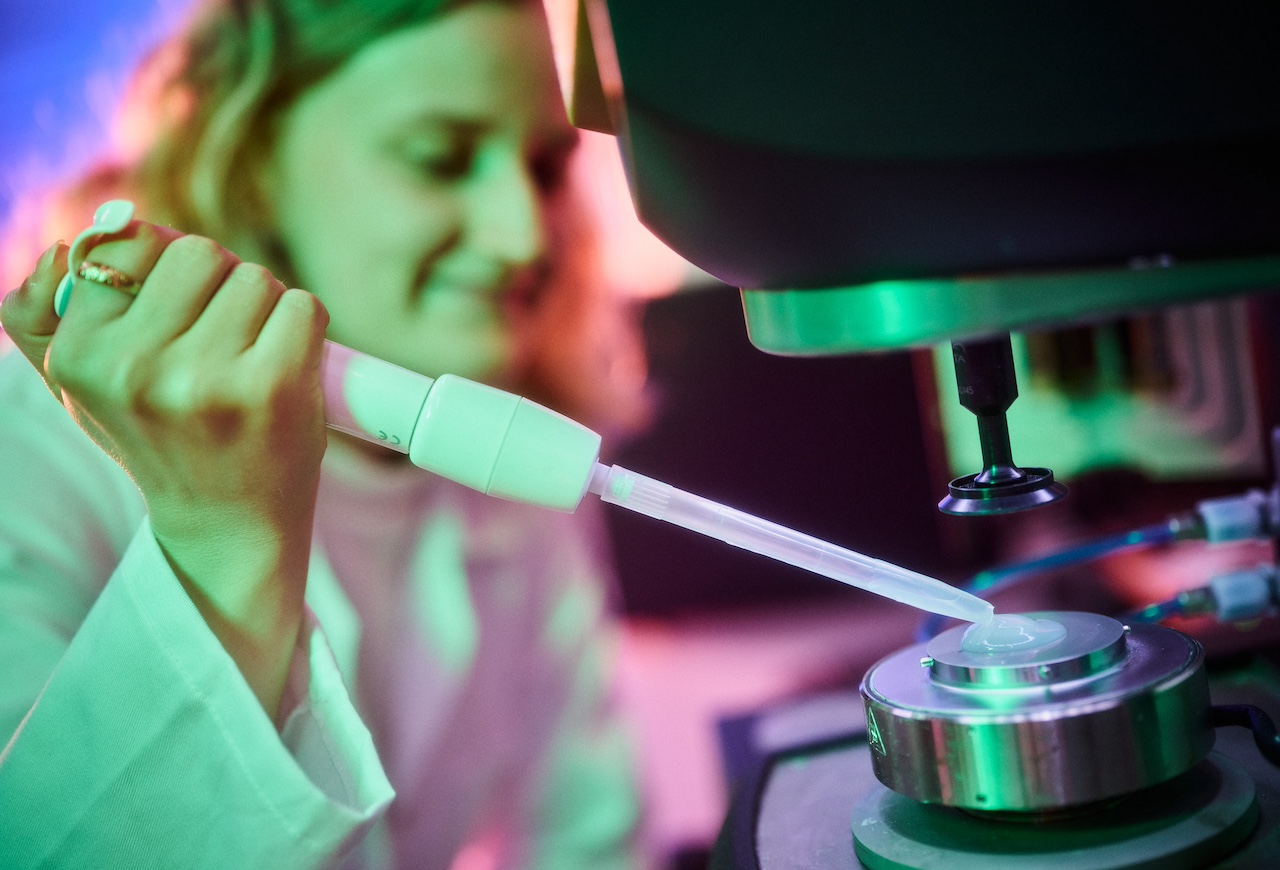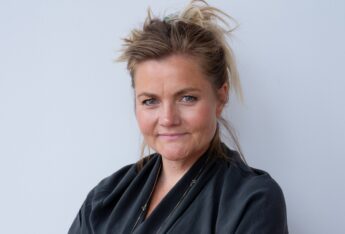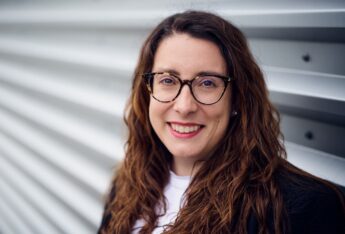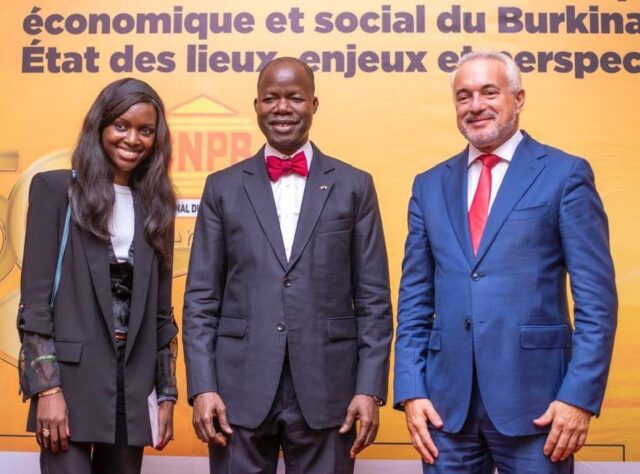Danish impact investors Unconventional Ventures co-led a €4.9m funding round in Cellugy, a biotech startup replacing fossil fuel-based materials in personal care products with naturally-derived cellulose-based solutions.

Copenhagen-based Unconventional Ventures has co-led a €4.9m funding round with ICIG Ventures, the venture capital arm of International Chemical Investors Group, a privately owned German industrial group, into Cellugy, a Danish industrial biotechnology startup replacing fossil-fuels in personal care products with natural ingredients.
US-based investors Joyance Partners also joined the round, alongside existing Danish investors PSV Deep Tech, The Footprint Firm and the Export and Investment Fund of Denmark (EIFD).
Launched in April 2018, Cellugy has developed a natural, biofabricated cellulose-based solution called EcoFLEXY, which can replace fossil fuel-based materials in personal care products.
The company said the funding would help accelerate the deployment and commercialisation of EcoFLEXY, which is currently in the pilot phase, as well as build product co-development partnerships to extend EcoFLEXY’s application into new industries, such as barrier coating in both textiles and packaging solutions.
Viable vision
Speaking to Impact Investor, Thea Messel, co-founder of Unconventional Ventures, said the company “ticked all the boxes” in terms of impact but it was the team, led by co-founders Isabel Alvarez-Martos, Deby Fapyane and Parun Sihombing that stood out the most for her.

“From the outset the founders have had a very clear vision of how to remove petrochemicals from cosmetic products. We often find that entrepreneurs that come from a research background like to keep lots of potential opportunities open, but Isabel and her team were able to prioritise the industries they wanted to target from early-on to build a path for commercialisation in order to make their vision viable.”
Unconventional Ventures targets scalable impact tech companies led by founders from underrepresented groups, including women, people of colour, LGBTQ+ and immigrants.
The company’s flagship fund, which reached final close earlier this year for an undisclosed amount, has already made 15 investments into seed and pre-seed tech-focused companies targeting the areas of climate and sustainability, health- focusing primarily on female health, and education sectors.
Investments include companies such as Saveggy, which has developed an edible coating to replace plastic wrapping on vegetables, and Meela, a therapist-patient matchmaking platform aimed at women. The team plans to announce two further investments in the coming weeks and expects to have more than 20 holdings once fully invested.
Harnessing the power of bacteria
EcoFLEXY is a cellulose-based rheology modifier made using specific strains of cellulose-producing microorganisms through the bioconversion of sugar. The end result, the company says, is a non-toxic, biodegradable, natural material that can be produced using standard fermentation equipment and existing infrastructures.
Alvarez-Martos, who also acts at the company’s CEO, explained to Impact Investor that rheology modifiers were key components in all personal care formulations, playing a crucial role in product performance as well as in the sensory experience.

“While commonly used rheology modifiers demonstrate excellent performance, most are derived from harmful petrochemical sources. On the other hand, most natural rheology modifiers fail to deliver a pleasant user experience. Combining excellent performance, superb skin feel and true naturality has not been possible until now,” she said.
Cellugy said its ambition to expand its manufacturing capacity to satisfy commercial production, would involve a substantial production uplift of EcoFLEXY from today’s sampling capacity of around one kilogramme per month to several tonnes per year.
Replacing fossil feedstocks in cosmetics
Petrochemical ingredients sourced from fossil feedstocks are used widely in cosmetic formulations. But their poor environmental credentials from high carbon emissions and rates of pollution to a growing body of research linking their use in manufactured products to potential health impacts, including cancers, neurodevelopmental issues, and infertility, has seen a rise in consumer demand for naturally-derived products.
“The beauty of Cellugy’s solution is that from an impact perspective, it is a clear, positive environmental case with tangible metrics if you look at the carbon footprint of the product, the volume of petrochemicals displaced and avoidance of microplastic pollution,” said Messel.
Consumer demand
A 2023 report has projected that the natural and organic cosmetics industry will grow from $41.38bn in 2024 to $85.47bn by 2032, representing a compound annual growth rate (CAGR) of 9.49%.
Cellugy said they had seen an extensive and increasing demand for their product. Although unable to name any companies, Alvarez-Martos confirmed her team is working with Fortune 500 companies as well as several leaders in the personal care market including distributors, brands, and chemical companies.
“The overall challenge that Cellugy is addressing with its technology is the extensive use of petrochemical ingredients in every day products. Starting with personal care we aim to provide natural, biobased, and biodegradable ingredients that don’t compromise human or environmental health. Cellugy is at the forefront of advocating for a more sustainable world,” she added.





